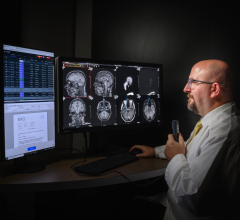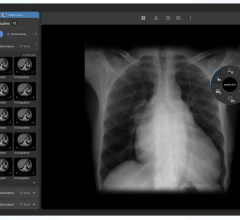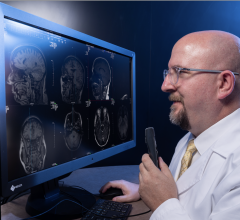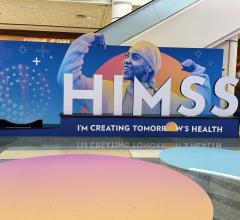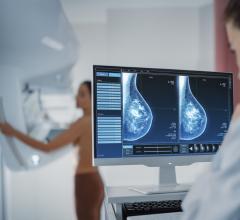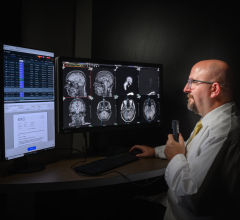
Lancaster General Hospital, Lancaster, Pa.
Lancaster General Health is a 550-bed system in Central Pennsylvania performing nearly 500,000 exams per year in its major acute-care hospital, rehabilitation hospital, women’s center and 12 outpatient facilities. The 28 diagnostic radiologists and three radiation oncologists at Lancaster Radiology Associates, Ltd. handle all the radiology services for the health system, providing around-the-clock coverage using the McKesson Radiology picture archiving communications system (PACS). Leigh S. Shuman, M.D., a practicing radiologist at Lancaster Radiology Associates and the PACS medical director for the health system, recently spoke to us about the rollout of a workflow solution, the McKesson Qualitative Intelligence and Communications System (QICS) by peerVue.
Q: What challenges drove you to find a workflow solution?
A: At this point, PACS are fairly mature, so they all do pretty much the same thing. They all show you images; you can scroll through images; you can look at old and new studies. But there are many other tasks in our work day that they may not solve or manage efficiently — from those that are mandated by The Joint Commission, such as peer review and critical results management, to just being able to communicate with our peers or handle problem cases. And solutions in those areas are critical to being truly efficient at what we do.
Q: So what did you find so attractive in McKesson QICS by peerVue?
A: Although I just mentioned that PACS solutions are very similar: like comparing apples to apples, I need to qualify that. McKesson is a step ahead of the market in several ways. First, the McKesson PACS has been able to totally integrate with our electronic medical record (EMR). I didn’t go to medical school to simply interpret images — I want to help the whole patient. Now when I open a case in the McKesson PACS, the entire patient record is there so I can see the entire medical history, etc. Secondly, the QICS solutions spaces are extremely flexible. You can use the system right out of the box, or work with the vendor to create entirely customized solutions to your workflow issues.
Q: Give us some examples of that flexibility.
A: We started using the peer review function to monitor each other’s work, as mandated by The Joint Commission. But instead of assigning cases on a weekly basis like most hospitals, we automatically assign only two cases to each radiologist each night. Compliance is extremely high because it is not burdensome to review two cases as opposed to having this long list of a dozen or 20, 30 or 40 cases assigned weekly or monthly that you never get around to. We can do our work quickly and efficiently, score the cases and send them off to our QA committee in a much speedier fashion.
Q: How have you automated the addendum workflow?
A: I think most radiology departments deal with the issue of physician practices calling in and wanting an addendum to a report. For most departments, it’s a huge hassle trying to track down the right radiologist, get them the request and make sure that it’s completed. With QICS, we can actually do that in an automated fashion where the support staff simply sends us a message in peerVue with a link to the case and a note about the request for an addendum. That pops up on our screen while we are doing our work and we can immediately address the addendum.
Q: How has QICS helped improve the delivery of care?
A: What’s a very common task that a radiologist performs every day? Asking for another opinion! We worked with the teams at McKesson and peerVue to develop a QICS module that we call Consult Colleague that helps us find the expert we need that day to consult on a case. I can just select one of my colleagues, automatically send a link to the case and expect a phone call back in a few minutes when he or she has reviewed the images. Communication and connection are a huge value-added in workflow solutions offered by QICS.
Case study supplied by McKesson
For more than a century, Lancaster General Hospital has been a leader in healthcare. As diagnostic and treatment technologies grow more sophisticated, Lancaster General Hospital ensures that our community has access to the most advanced healthcare available. Lancaster General Hospital offers specialized cardiac care and innovative treatments through its Heart Center.



 February 03, 2025
February 03, 2025 


